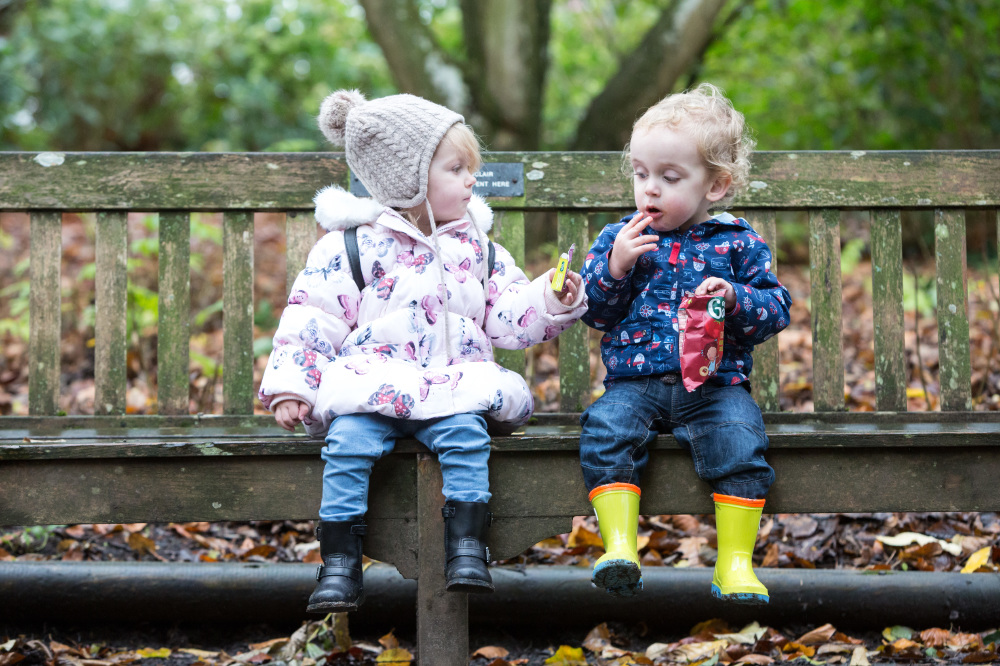Life is always busy for parents and it’s often tricky to make healthy food choices for your little ones when you’re constantly on the go. We are always hearing about healthy, 5 a day, sugar, salt, what’s good for you, what’s not, that it can be quite confusing and the weekly food shop can sometimes feel like more of a chore than it has to be.

It's great brain food!
Children need the best quality nutrients in order to develop properly and that means foods that don’t contain any hidden nasties. Choosing organic can make finding healthy, nutritious food that little bit easier as you can look for the organic logo on pack.
If you’re thinking of adding a few more organic items to your family’s weekly shop, Organix, the organic baby and toddler snack food brand, have come up with their top reasons to make the change.
Reduce exposure to pesticides: Your child’s body contains proportionately more water than an adult’s, making it easier for water-soluble pesticides to circulate and cause disruption. Eating organically grown food is the best way to reduce your family’s exposure to harmful pesticides - this is because the certification provides an assurance that food contains fewer pesticides than non-organic food.
Switch on some foods: Some foods contain more pesticide residues than others, so switching to organic on these makes sense. PAN (Pesticide Action Network) UK, suggests prioritising - apples, pears, bananas, oranges, lemons, limes, cucumber and green veg like kale and spinach.
It’s great brain food: From 12 months+ your little one can have whole cow’s milk – choosing organic means you’ll get more omega-3 fatty acids than non-organic milk which is linked to improving children’s brain development.
Save the bees: If the Bee movie means as much to your little one as it does to the person who watched it 357 times on Netflix last year then they will definitely be onboard. Bees are an essential part of our food system and play an important role in pollinating our flowers, plants and crops. Organic farming helps bees to thrive and research shows that on average, plant, insect and bird life is 50% more abundant on organic farms.
Avoid GM: Genetically modified crops cannot be used in organic foods as they are not permitted under organic standards.
Know what’s in your little one’s food: Foods labelled as organic must meet a strict set of standards which define what farmers and food manufacturers can and cannot do. Foods can be labelled ‘organic’ as long as at least 95% of the farm-grown ingredients are organic. If you see the EU green logo, Soil Association or OF&G logos on foods you can be sure that they are organic.
It’s better for wildlife and the planet: Every time you buy something you are casting a vote for the kind of world you want to live in. Buying organic means that you are supporting sustainable farm systems that protect the soil and encourage biodiversity on farms.
Controversial artificial food colours and preservatives are banned: All organic food is fully traceable from farm to fork. That means you will be able to recognise all of the ingredients listed on the back of the pack, and can trust that artificial food colours, flavourings and preservatives haven’t been used.
Higher animal welfare: Organic means the very highest standards of animal welfare. Organic animals are always free range, and are reared without the routine use of antibiotics.
You don’t have to break the bank to go organic: Choosing organic doesn’t have to be expensive if you shop for what your budget allows.
For organic recipe ideas for all the family, and organic snack foods visit Organix.com
Tagged in Organic

